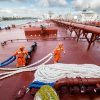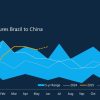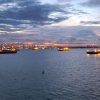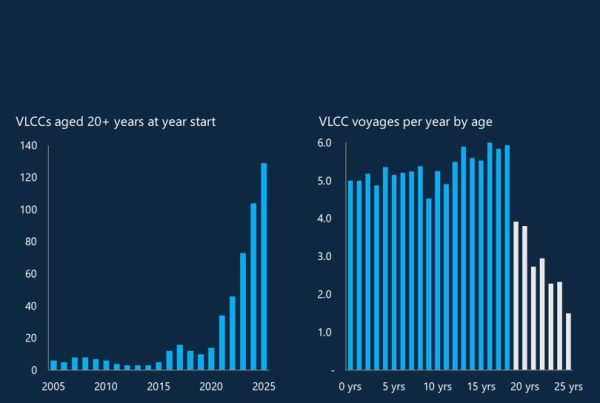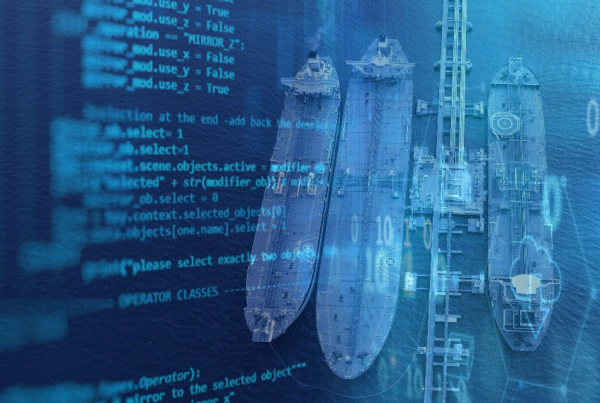Editorial published in Riviera Maritime on 19 December 2022
Tankers International senior vice president commercial and operations Matthew Smith explains that if charterers pick by CII rating, owners need access to resources to reach the required level, which ultimately is good for the environment, too.
IMO’s Carbon Intensity Indicator (CII) provides an easily comparable, benchmarked environmental indicator for charterers as they focus on shipping’s role in their scope 3 emissions.
At the same time, emissions have become an increasingly important factor for charterers and cargo owners and could create a real premium for green tankers – which can, on top-line performance at least, now be easily signposted by CII scores.
Yet there is no clear path to ongoing performance improvement for shipowners.
There is a bewildering array of operational, digital and hardware offerings on the market, with little solid evidence of their benefits. Often, shipowners have little time and few resources to investigate them anyway.
Most new fuels and efficiency technology are relatively new to the market. Often these options come with technical and commercial risks that a shipowner has to understand before choosing which direction to take. At the same time, some will face operational issues masked by the fact they are still new to the market. Given the costs associated with installing new systems on board a vessel – and the costs associated with an issue – can be astronomical, charterers and regulators are often asking shipowners to take huge commercial risks.
Charterer demand represents an enticing reward for decarbonisation but cannot justify owners’ decisions that have not been properly evaluated against their vessels and operational profile. The vast majority of tanker owners do not have enough flexible operational resources to do these complex assessments and may have to build out new teams.
Pooling can free up a shipowner’s operational resources, allowing them to redeploy staff to tackle these assessments and to organise any retrofits they result in. This can allow a shipowner the flexibility to tackle challenges like decarbonisation without waiting for new staff or bringing in external consultants.
A pool participant can also benefit from enhanced technical support and information sharing that can help them to understand and mitigate operational issues with decarbonisation technologies. At Tankers International, we organise technical forums among our pool participants to facilitate this open information sharing.
Cash flow is another pivotal challenge for tanker owners seeking to decarbonise their fleets. Inconsistent earnings in the spot market can make it difficult for owners to plan technical retrofits profitably, with drydocks often coinciding with particular cash flow droughts. Pooling combats this challenge by providing shipowners with a regular income that is paid at scheduled intervals through revenue sharing between a pool of vessels.
Yet even the most ambitious tanker owners will take time to decarbonise. Some charterers and cargo owners do not have that time and face added scrutiny from the public, investors, and regulators to cut their supply chain emissions now. These charterers and cargo owners need innovative options available today.
The Tankers International’s Climate Compensation Voyage Programme was recently launched in partnership with specialists Vertree to provide these options. The scheme uses scientifically recognised methodologies and proprietary data to calculate a specific VLCC’s emissions on a voyage on a monthly or annual basis. Charterers can compensate for their carbon emissions via a range of nature-based and community-led solutions.
Shipping is changing, and tankers will decarbonise. This transition will take time, and will not happen overnight, but it requires careful planning and evaluation work from every shipowner to start today. Shipowners must use all the tools available to help them through the monumental challenges ahead – including pooling.
By Matthew Smith, VP Commercial & Operations, Tankers International



